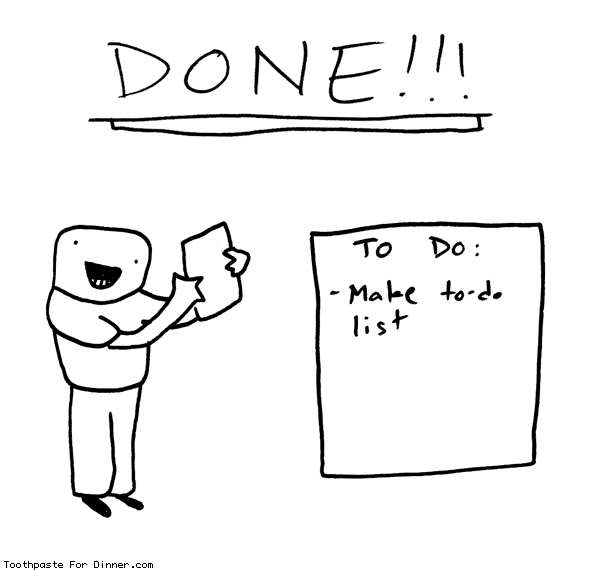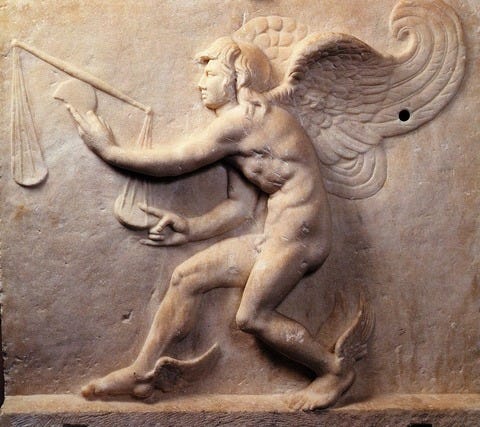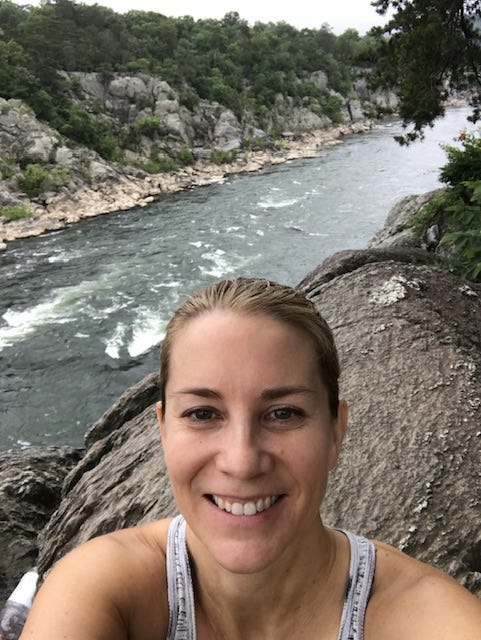#11: Restoring the magic of time.
How stepping (or being shoved) off the hamster wheel helps us reclaim our sense of possibility, serendipity, and flow.
Tick tock, tick tock.
Even writing that sound stresses me out.
You would think with all the time management strategies, apps, and advice out there, we wouldn’t spend so much time worrying about how little time we have.
You would think we’d have figured out by now how to reclaim spaciousness in our days. Space to be spontaneous, to improvise, to follow the scent…
Well, it’s my turn to tackle this industrial-era dilemma.
Not with a different strategy… but with a different definition entirely. Two definitions actually.
When time as we know it stops making sense.
When Mike died, my concept of time was irrevocably broken.
The promised future of Mike & Sue that had stretched out to the horizon shattered. Like an ancient glacier suddenly calving into the sea, the seemingly rock-solid existence of our shared life was without warning cut short.
The remnants of my expected future, my expected life, truly my understanding of time — the icebergs — were floating forlornly near their glacier parent, but without any way to put them back together.
Humpty-dumpty and all that.
Amidst the broken glacier/eggshells of the life I thought I was going to have, I couldn’t hold on to time during day-to-day existence either.
Everything took longer than expected — from paperwork to crying spells, from grocery shopping to how long my chest would be crushed by the elephant sitting atop it.
I couldn’t place myself and my actions on a timeline like I always had, because my brain and my emotions were not working the way they always had.
Still, I tried… Until I was too tired of grieving, single-parenting, feeling bad about my Star Wars habit to care.
So I gave up.
I stopped asking myself “when will I feel better?”;
I stopped trying to check all the boxes;
I stopped measuring myself by any external yardstick, including hours, days, and weeks.

Instead, when the thought struck to go out into nature, I did. When the thought struck to call Luanne because she’d listen to me weep and I’d feel better at the end, I did. When the thought struck to turn on Star Wars, I did. When the thought struck to read CS Lewis and see if his pain would make me feel less alone, I did.
I seized each opportunity the moment presented — rather than following a schedule that couldn’t possibly predict my chaotic mood, needs, or desires — and rode that wave, over and over again, into the shore of solace.
I had never noticed the endless openings of opportunity that arise when you stop trying to plan every minute of every day.
Well, that’s not true. I had, but I’d called them something else. “Distractions.”
But now, time was at my service.
Time was my friend.
Time was a tide, gently pulling me in the direction of what would nourish my soul.
As Madeleine L’Engle, author of A Wrinkle in Time puts it,
“When we are being… [we] are freed from the normal restrictions of time.”
Which brings us back to the two definitions.
New to me, maybe to you too, but quite old by most standards.
They come from ancient Greece: chronos and kairos.
Chronos — the root of the word “chronology” — is the linear, consistent, forward march of time. Clock time. What we use when we make a doctor’s appointment, worry about being late for dinner, and plan the kids’ camp schedules.
As a society, we absolutely need chronos, but that doesn’t mean we always like it.
At times, chronos can feel like our dark overlord, bossing us around and constraining us.
“We tend to think of time as something that works against us, rather than for us, an element of life that takes rather than gives,” said Enuma Okura in her weekly Financial Times column.1
We all know chronos, keep track of chronos, complain about chronos. But we lack familiarity with the alternative Greek definition of time — kairos.
Rather than a march, kairos is a pause. A swelling of the present moment. When time asks you to slow down and join it here.
But… why?
Maybe it will help to understand that the term kairos comes from the Greek God of Opportunity, Caerus.2
Kairos is the access point to serendipity, wonder, flow. Where things just work out. Not because all obstacles and hardships suddenly disappear. But because we find ourselves in a different relationship to them.
From the kairos perspective, obstacles look less like mountains to climb and more like river bends to navigate… Follow the current, stay in the flow, see your opening and take it.

Sign me up for that!
But to slip into kairos, we have to momentarily release our death grip on chronos.
We have to step back from our to-do lists and tap into our inner knowing. Which, let’s be honest, we could all probably use some practice at.
When we are in sync with what we really need — along with the world around us — we make the right choices at the right times… for our personal growth, our impact on the world, whatever we are trying to accomplish.
It’s in the moment. It’s organic. It can’t be artificially replicated.
Like when a seed knows it's time to sprout because it feels the warmth of the sunlight, the snow melt softening the frozen ground, the shift of the season. Without a single google calendar alert.
And just to be clear, chronos and kairos were not independent or conflicting for the Greeks.
They worked together, maybe in opposite directions but to the same end.
Anchoring in this tension is critical. Only by being realistic about the appropriate use of chronos can we understand how to weave kairos into our lives.
Only by shattering our blind devotion to the hamster wheel of chronos can we embrace kairos:
the pause that illuminates the opportunity…
the opportunity that acts like a wormhole…
the wormhole that delivers us to our destination far faster than chronos’ steady march.
What happens next.
If my experience is any indication, prioritizing kairos won’t ruin your life.
I dropped the to-do lists and deadlines associated with chronos and I did not turn into a hapless, helpless couch potato! (I already explained why Star Wars marathons are a different category.) I even kept my job and kept my kids fed!
Jokes aside, I was still doing many important things… just without treating myself like a machine.
I had simply made living rather than accomplishing my priority.
Living… like the seed that just knows it’s time to sprout.
Living… like trusting, flowing, being in the moment. And somehow still getting the necessities done.
While I wasn’t looking, focusing, or fretting about feeling better and moving forward, gradually I did… with the lasting benefit of changing my paradigm of time forever.
And giving me access to a deeper part of myself.
How to live by both chronos and kairos.
Our modern world requires adherence to chronos. So honor it! There are important bills to be paid, enjoyable commitments to be kept, rewarding goals to achieve.
But don’t make it your sole focus. Open up to the other way to experience time — the way that leads to the deeper level of connection with the world and with yourself.
How? Here is what Enuma Okura recommends:
“A kairos moment can open up anywhere, for any length of chronological time.
“It can be as minute as recognizing that sudden need to take a walk in the fresh air to clear your head, trusting that such a simple act of self-care is not a waste of time, but is affordable time.
“Meditation, leisurely reading, walks, staring out the window, fishing, gazing at art, dancing, slow cooking, conversations of intentional listening, acting in the moment when your intuition speaks, these are all things that keep you attentive, open and in tune in the present moment, where opportunity resides, in the here and now.”
Now, doesn’t that actually sound nice??
The trick is remembering that kairos has value too:
A walk can uplift your mood, so you breeze through the big meeting with confidence and presence.
A good book can shift your perspective, providing a stroke of insight that takes your business to the next level.
A family dinner can create memories that provide solace when a loved one passes on.
You probably already guessed it: this week, embracing kairos is your challenge.
Carve out time to listen to your still small voice within. Plug into your intuition. Pause for the radiance in dailiness.
Prioritize the opportunities, wormholes, and transformations that only kairos can offer.
To your precious time,
Sue
Keep reading with these related articles from The Luminist:
“How Covid changed our sense of time” by Enuma Okoro.








I really liked this edition. A lot of food for thought for me. Thanks!